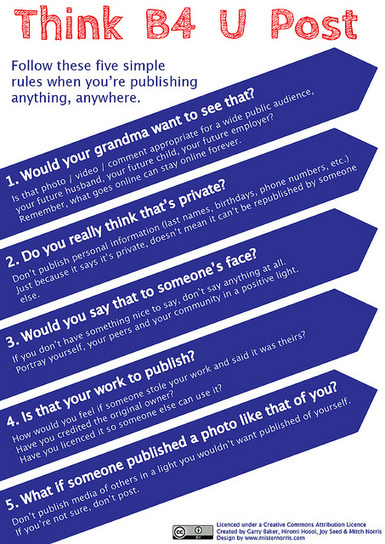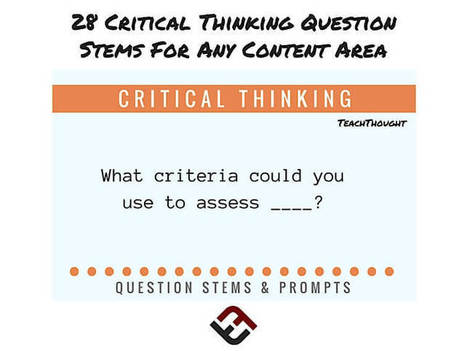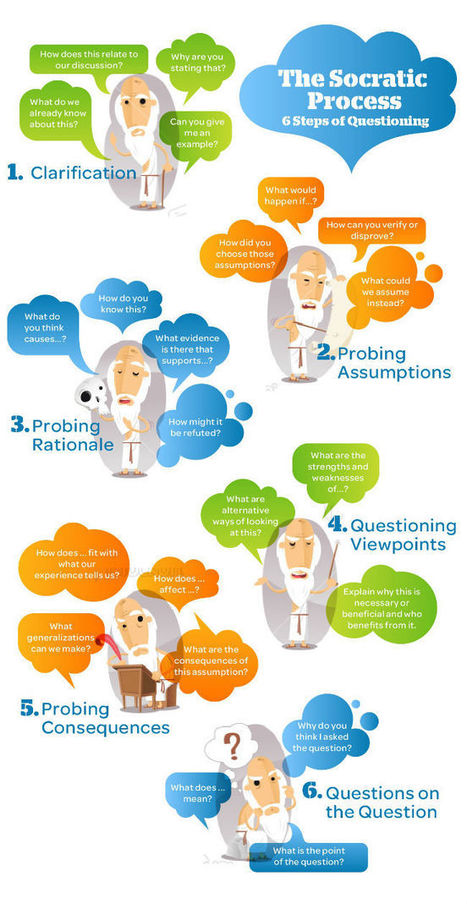Response: Ways to Use Questions Effectively in the Classroom
By Larry Ferlazzo Nov. 18, 2017
(This is the first post in a five-part series)
The new "question-of-the-week" is:
How can teachers use questions most effectively in the classroom?
Research and publish the best content.
Get Started for FREE
Sign up with Facebook Sign up with X
I don't have a Facebook or a X account
Already have an account: Login
Building learners' independence through thoughtful technology use
Curated by
Jim Lerman
 Your new post is loading... Your new post is loading...
 Your new post is loading... Your new post is loading...
|
|

















